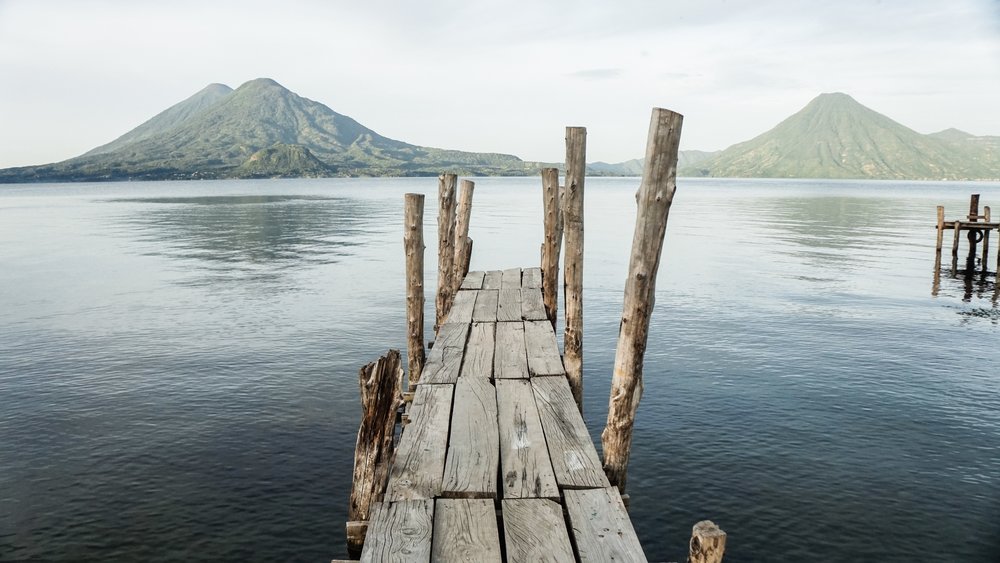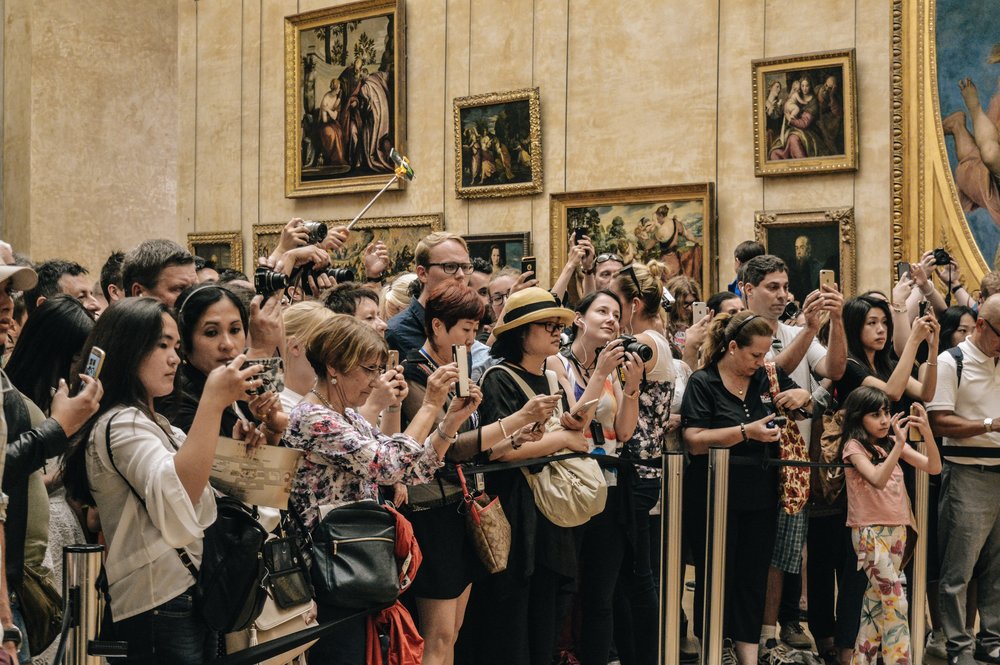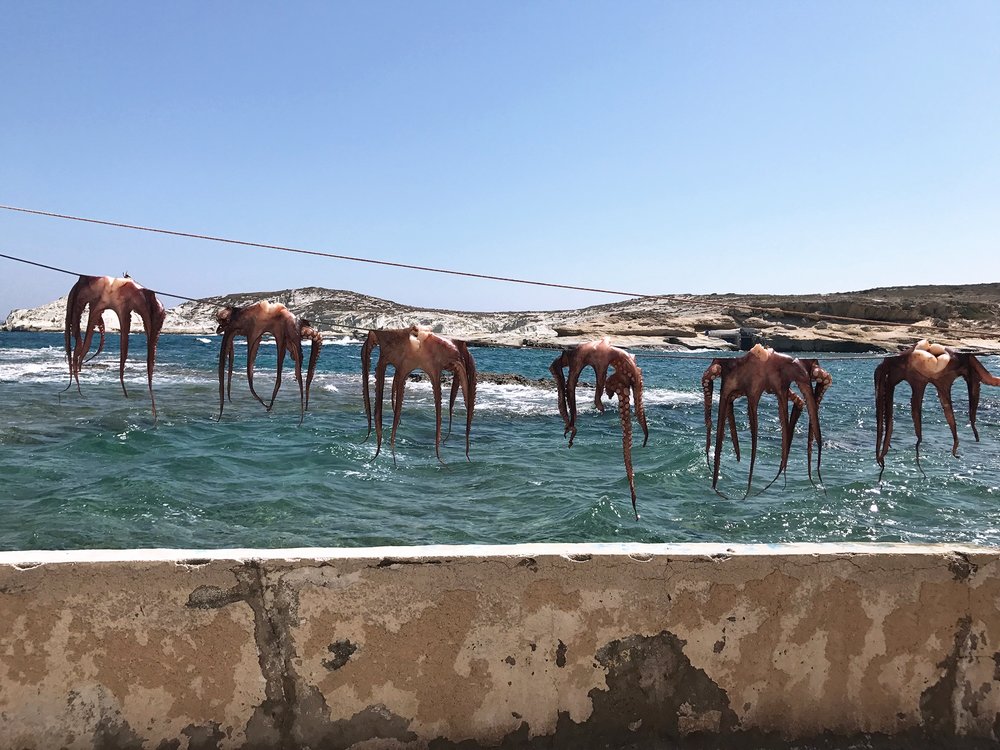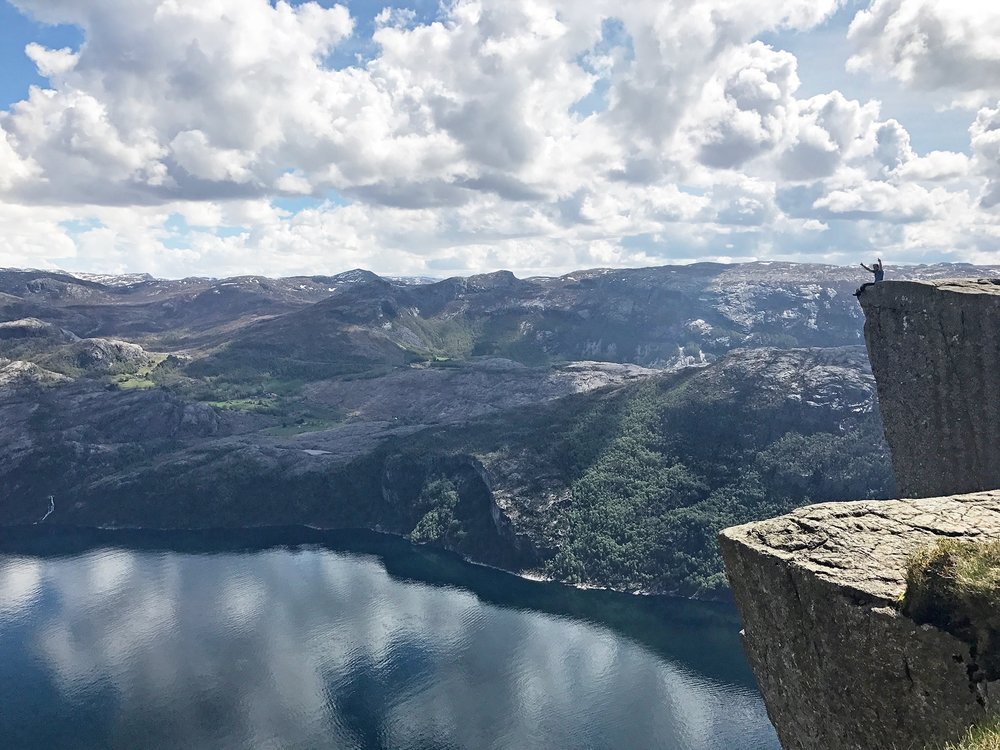Traveler vs Tourist: How the Debate Can Enhance Your Next Trip
/
Lately, I have been thinking a lot about what it means to travel, to be a traveler.
And why we travel. What in the world is the point of traveling?
Travel consumes me; I think about going to new places and discovering new things, I think about the things I will see but more importantly the feelings that remain within me long after I return from a trip.
Surely, I am not the only one who thinks about travel as often as I do.
But beyond the buzz of excitement during planning and the sense of accomplishment and contentment you feel upon arrival. Beyond posting photos on social media. Why do we travel?
In January, 2017 I spent 14 months exploring Central America, Europe, and South America and I heard a lot about the traveler versus tourist debate.
While I won’t agree to words and labels as the “end all be all” in defining who we are, nonetheless, I wonder….
If there is a distinction between a traveler and a tourist, can we then use those characteristics to enhance our travel experiences no matter which label we identify with?
First I suppose we’ll need to see if there is a distinction between a traveler and a tourist.
The words "traveler" and "tourist" are often used interchangeably. But should they be? Are they the same thing? If not, what is the difference?
Traveler vs Tourist
Historically, everyone who left their country, or even their city was a tourist.
For decades this was the term was sufficient however as the availability of travel (airplanes, foreign investment, the internet, globalization, etc.) became more prevalent, and more people could travel regardless of income and class, the need to identify with something else took hold.
Thus leading to the tourist versus traveler debate.
"Tourists" are often associated with having a fanny pack (or bum bag, anyone?), a camera permanently wrapped around their neck, and a cheesy Hawaiian shirt. Often with a selfie stick or map stuck in their face, or desperately clutching their purse, drawing unwanted or negative attention.
With the mere mention of Hawaiian shirt included in this image of a tourist, I think it’s evident that this identification is outdated to a degree, but I can’t but feel that there is some truth to the idea of a distinction between types of people when they leave their home country.
I mean I’ve definitely been that person dragging a suitcase, with my face fixed in my phone’s map. Who hasn’t? But that feels so very different than when you’re mindfully traveling with confidence & ease.
For the purpose of this discovery in order to pull tips for better travel out of these two definitions, I am breaking up habits, behaviors, and motivations based on my personal experiences into two groups; travelers and tourists, plus discussing common misconceptions of both.
Taking Time Off
A tourist use trips to escape work; they travel to relax and take a break from the often very demanding tasks of every day life.
A traveler doesn’t travel to hit pause on their life, they travel to add value into it. Travelers want to taste a new way of life, and to impart experiences back into their every day life. They travel not to escape work and daily routines of life, but for life not to escape them.
Breaks are necessary in order to rejuvenate the body, mind and spirit. Just because you want to take a break, lounge, and be lazy from time to time on a trip does not mean you are not a traveler!
The difference between the distinction between tourist and traveler here is building travel into your routine.
So often people come to me and say oh I wish I could travel as much as you, I’m lucky if I leave the country once per year. And I politely remind them that while we are all not lucky enough to work remotely, we can still better prioritize travel – I don’t care who you are or what you do.
First and foremost, you can use the PTO you have to travel!
A recent study by Project: Time Off revealed that on average, U.S. employees used less than half of their vacation days to travel last year – citing eight days total on average.
It’s a chromic problem in America to allow it’s employees only two or three weeks of days off, often included in that is sick days.
To work inside this limitation, you can find experiences or places that don’t require 2+ weeks of time off work (hint: more and more direct flights are making Europe closer than ever OR consider those south of the border locations with the same or similar time zone like Belize, Nicaragua or Colombia.
You can negotiate at your next pay raise extra Paid Time Off, or include the concept of a “workcation”, meaning working remotely so you can work from abroad.
Or probably most importantly, you can adjust your perception of the important and travel and rationalize that taking more trips is essential to your productivity and creativity at work – guess what this it true!
Group Size
A tourist goes in large groups of their friends and family, or in pre-packaged tours.
A traveler goes in smaller groups or solo, knowing that with less people, they have more freedom to discover their own path.
You don’t have to travel solo to be a traveler. However, we advise against pre-packaged, non-negotiable itineraries that leave you little or no room to explore and create truly unique travel memories.
If you go in larger groups with friends and family, please remember to be mindful of walking on public areas. There’s nothing worse than a hoard of tourists impeding the path!
Sight-Seeing

A tourist sees what’s recommended in guidebooks or aimlessly follows along in their group.
A traveler explores and connects to the moment, following their intuition and discovering places and experiences that are meaningful and unique to them.
You don’t have to skip the major monuments to be a traveler. The distinction here is that a traveler knows the importance is not in seeing of the sights, but in feeling the culture, history, and life abroad.
You can take a selfie and be a traveler. I’m tired of this misconception that only “tourists” take selfies! If you travel solo and don’t have a professional camera set up (drone, camera stand and timer, etc.) how else are you supposed to take a photo of yourself in a location?
You can spend the whole day with your camera in hand aimlessly walking around town and still be a traveler. Just because you are capturing the moment does not mean you are not a traveler.
The important thing here is to remember to put the camera down, and be in the moment too. It’s the feelings you have that make the pictures and moments better down the line.
One of my absolute favorite travel quotes is from Mary Ritter Beard, saying, "Travel is more than the seeing of sights; it is a change that goes on, deep and permanent, in the ideas of living."
When you sight-see, remember to absorb the moment more than taking a photograph to share later on social media.
Food & Accommodations

"Street food" in Milos, Greece
A tourist eats food they’re familiar with from home.
A traveler eats outside of their comfort zone, trying local food (and street food!).
A tourist stayed in a hotel chain they are comfortable with.
A traveler stays in a mom-and-pop boutique.
You can eat McDonalds and still be a traveler. The difference is how often you resort to what you’re familiar with instead of trying something new.
You don’t have to be on the road for 6 months, backpacking and staying for cheap at hostels to be a traveler.
The big distinction regarding food and accommodations is not luxury versus “on the cheap”, it’s choosing local establishments when ever possible.
If you visit a place, and stay in any accommodation and eat at any restaurant you are fiscally contributing to the local economy by supporting jobs, however choosing local over chains will always take this one step further because all of your financial support stays in the local economy.
A traveler is more conscious about giving their money to the community than to major corporations based in countries far away.
Language
A tourist expects everyone to speak English.
A traveler learns some majorly important words in the language of their destination.
You don’t have to be fluent in the language, or even conversational, to be a traveler. You just have to make an effort.
Souvenirs
A tourist will buy piles of shot glasses, postcards, tee-shirts, etc. with the city or country plastered on it.
A traveler with buy an item that strikes them as being indicative to the area. Not from a souvenir shop, but
Remember, the term souvenir comes from the French verb “se souvenir” meaning to remember. A souvenir is anything that sparks a memory it can be anything – a book, piece of art, tapestry or textile, scarf, etc. etc. etc.
Being a tourist is OKAY. You work hard, you have right to just relax at the resort if that’s what you want.
Life is too short to do the things we don’t want to do; we have enough of that at work or in our home lives. Vacations should be a BREAK; time to rest, time to reinvigorate or minds, bodies and spirit. If that means sleeping in, spending the day at the pool or beach, and enjoying happy hour at the hotel – GO FOR IT!
But travel can be SO MUCH MORE. Travel can be shocking; it can be a wake-up call for your life. Travel can prompt you to question your life and purpose, force you outside of your comfort zone, and make you grow into a better version of yourself.
And guess what, it’s possible to do BOTH in one trip! You don’t have to be a traveler or a tourist. However, I believe that by incorporating more habits of travelers into your trip, you can get more meaning out (if that’s what you want, if not, that’s cool too!)
Tips to be a more conscious and thoughtful traveler:
Instead of using travel to break your routine, build travel into your routine.
Travel is the best way to get more out of your vacation days, and will lead to more confidence, satisfaction, creativity and productivity at work, and personal well-being.
Get some solo time.
Even if you travel in a group, make it appoint to explore on your own, even if just for a few hours. You can turn a run to the ATM or market into something truly unforgettable.
Immerse yourself in the culture.
Interact with the locals, choose local options over chains, have more conversations with strangers. Attempt to understand their experience. Observe your surroundings, without judgment.
Try to speak the language.
You don’t need to be fluent or even conversational in the foreign language, but you should at least know a few basic words like, “hello”, “yes”, “no”, “please”, “thank you”, “excuse me” etc.
Be fully present when you travel.
Allow yourself to the freedom to do what you want to do. Be lazy if you want. Spend all day sitting at a café people watching, journaling, drinking or getting lost in thought. You don’t have to do all the stuff to have an emotional connection to the place.
Most importantly, don't be afraid to go “off script”!
Have a plan, an idea of things you want to do and see, but don’t be rigid about it. Be open to going with the flow; allow for the location and country to play a part in your experience. It's these experiences that will be truly unique to you, providing you with one-of-a-kind experiences and memories.
I truly believe that travel is some of the best education we can receive, no matter if you identify with being a tourist or a traveler.
Travel teaches us about the world and ourselves. It provides us with trials and tribulations to arise from, challenges our perceptions about the “correct” way of doing things, and bridges gaps between “us” versus “them.
